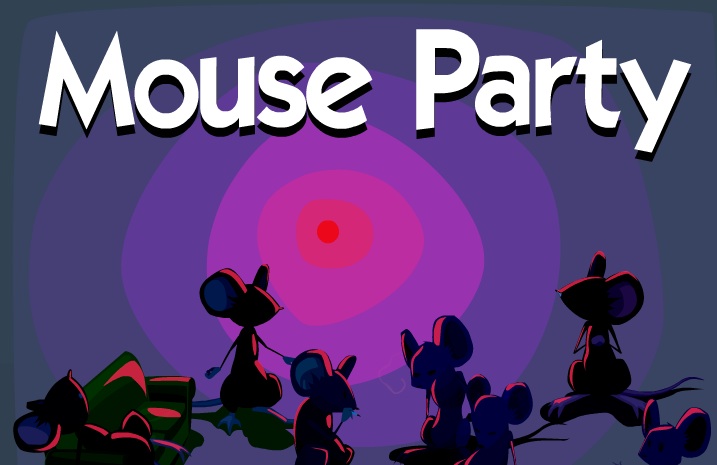 Malcolm Gladwell
Malcolm Gladwell is one of my favorite science journalists and his lengthy
New Yorker articles are so excellent (and infrequent) that I invariably link to them. His most recent piece came out a couple of days ago and is entitled "
Late Bloomers: Why do we equate genius with precocity?" (See also
the audio accompanying the article). Gladwell's conclusion is simple: there is no necessary connection between being a genius and being precocious, that is, some geniuses bloom late. Gladwell relies on the work of the Chicago economist
David Galenson, who has produced a
series of papers and
a book arguing that the distribution of creative genius is bimodal, i.e., that there are two types of geniuses: conceptualists who bloom early and experimentalists who bloom late. As is his style, Gladwell weaves several engaging anecdotes into his overall argument. In this case, he compares the careers of
Ben Fountain (who wrote for 19 years without much success and then took the literary world by storm) with
Safran Foer (who wrote the best-seller
Everything Is Illuminated in 3 months at age 19), and that of Picasso (who burst on the scene at a young age) with
Cézanne (who only really became successful in his 50s).
All this is very interesting and if you're at all interested in the topic, I recommend reading the article. But, honestly, I'm not convinced. All of Galenson's data relate only very indirectly to creative genius, that is, he correlates the age of the artist with some
proxy for genius, like the auction value of paintings or whether a certain poem has been anthologized often. While I understand why he does this - rigor and the method of economics require hard numbers - I'm not so sure the proffered proxies really track genius. Having to rely on entirely subjective criteria, the art world is notorious for being detached from reality and subject to fads. A great work of art, then, is just what the art world
says is a great work of art. So it's possible for an
unmade bed to count as "art" and sell for £150,000 (~US$250,000), for an empty room with a light that switches on and off to
win a prestigious prize and for an artist's entirely ordinary missing cat posters to be
hailed and taken down as souvenirs. Indeed, a particularly apt comparison given the current global situation is the world of finance: how do we know that, say, Cézanne's fame isn't the equivalent of
tulip mania that has not burst because there is no underlying reality for it to jut up against? I will no doubt sound like an utter philistine but, frankly, I for one fail to see much merit in Cézanne's work...












